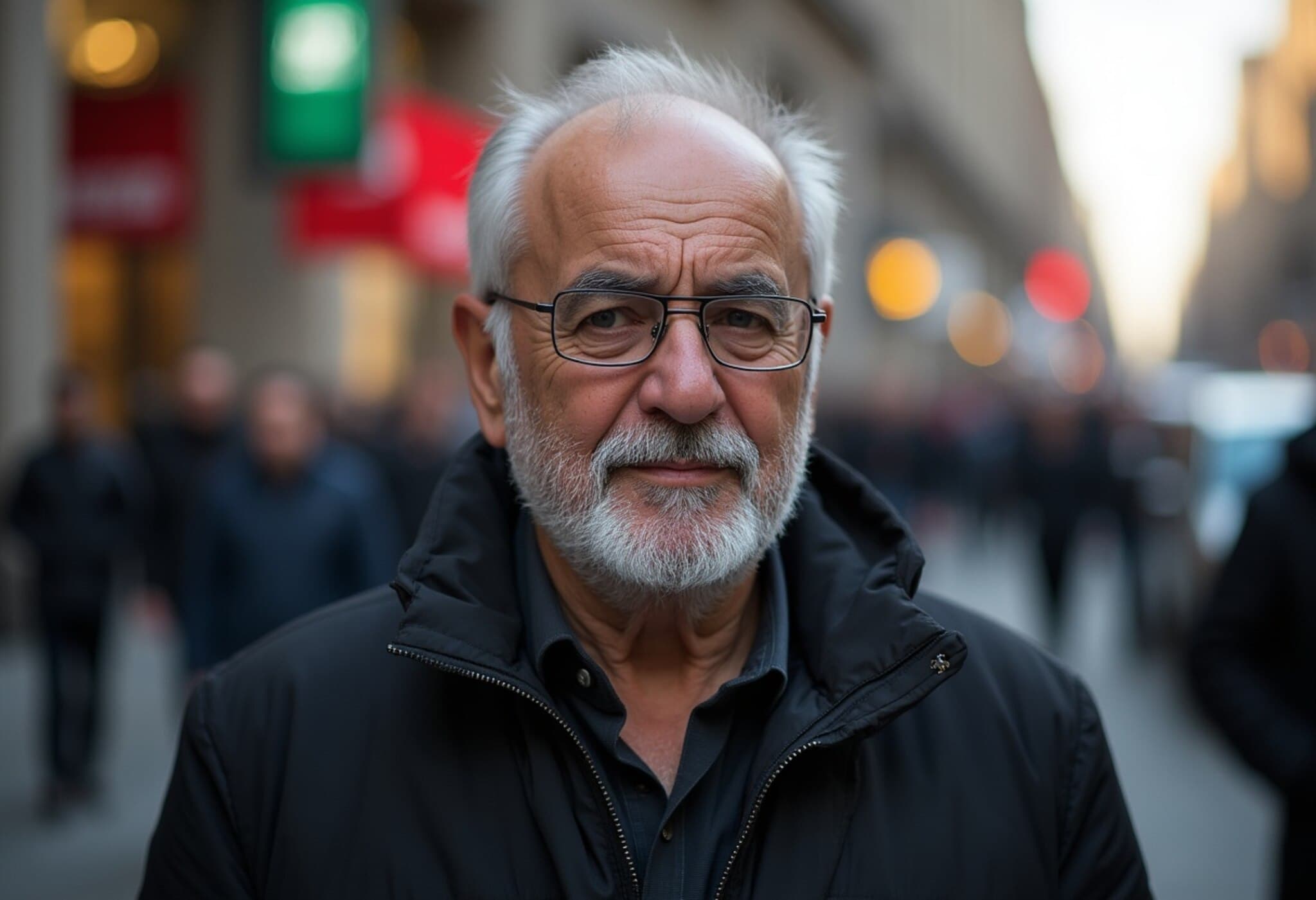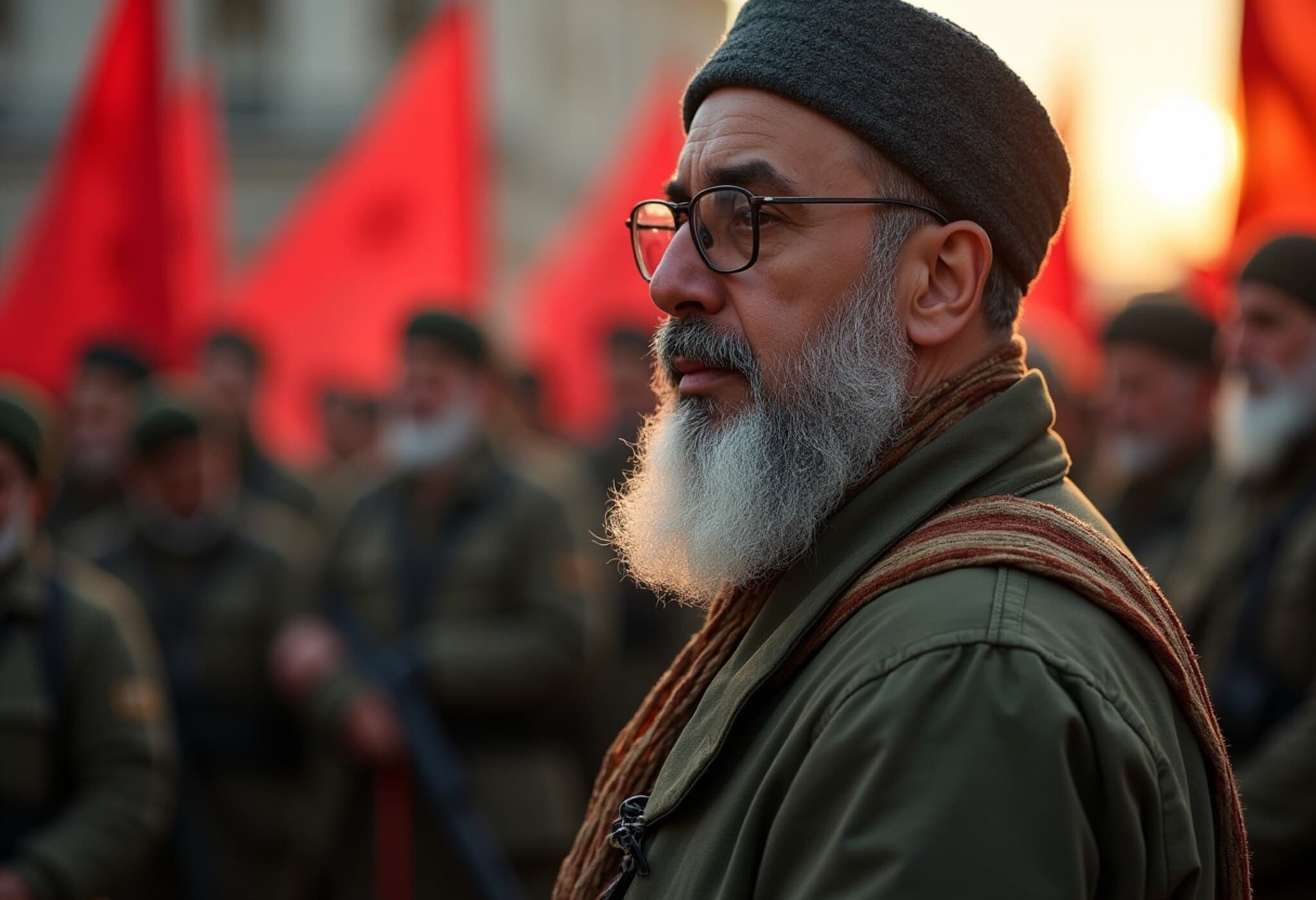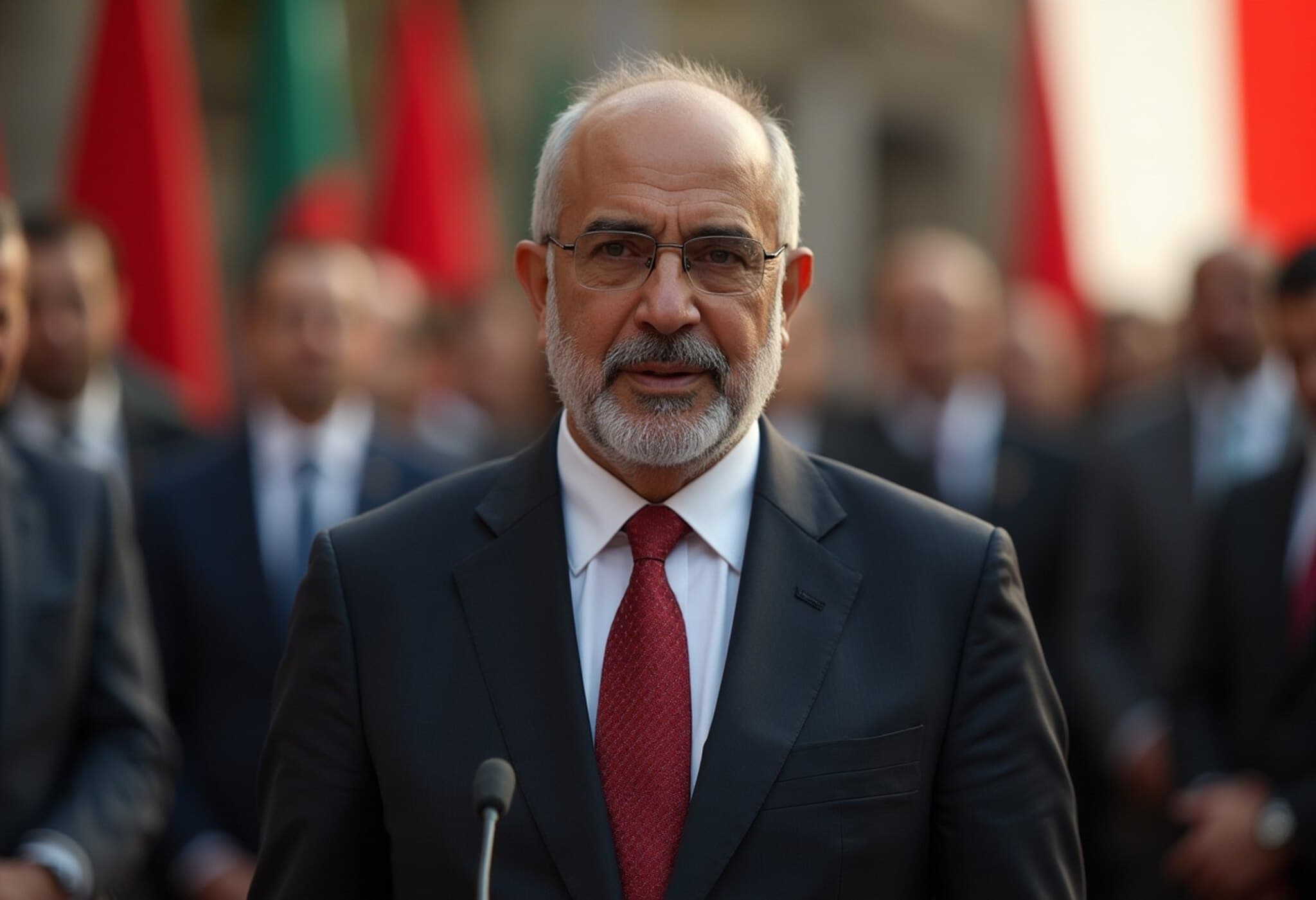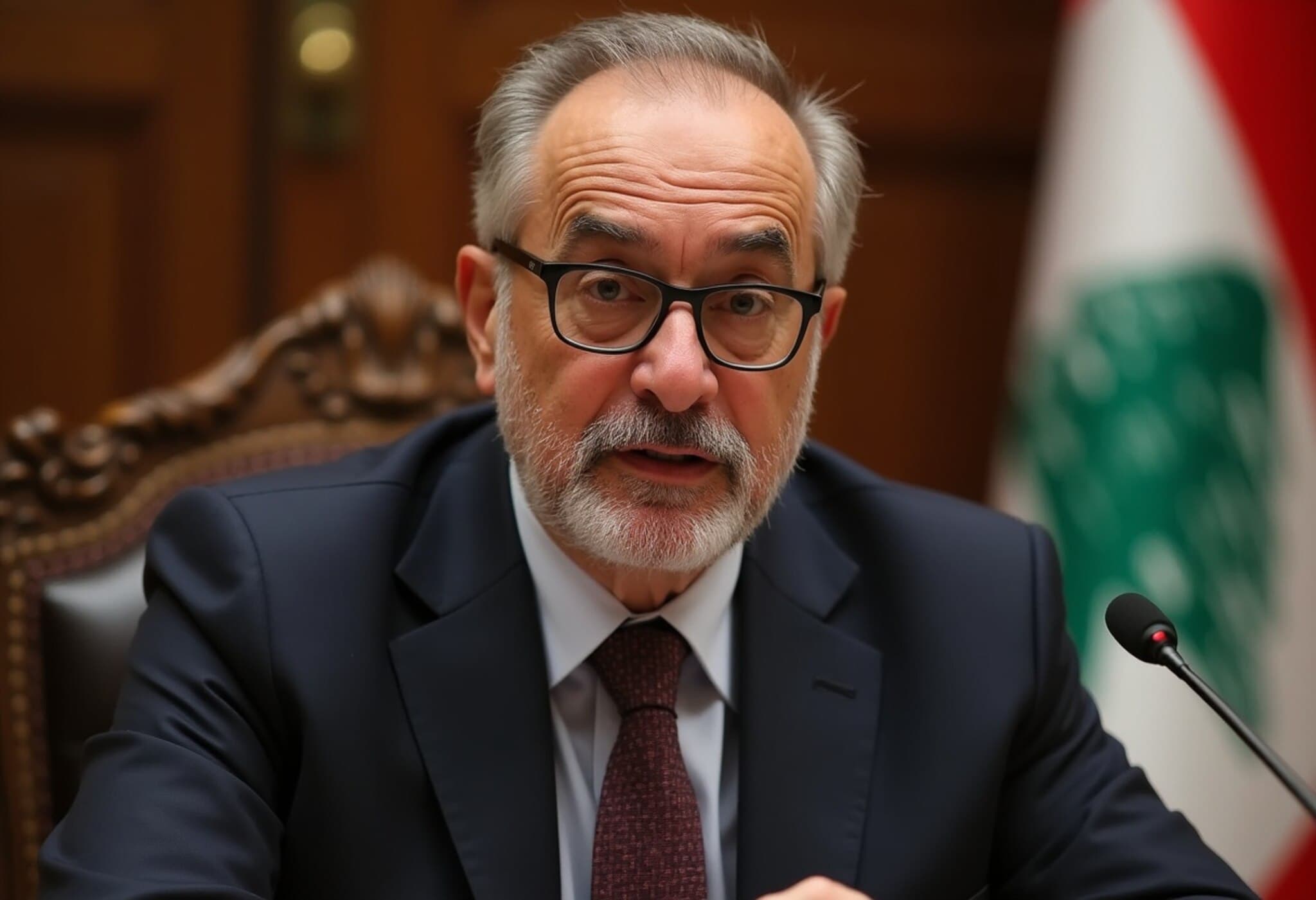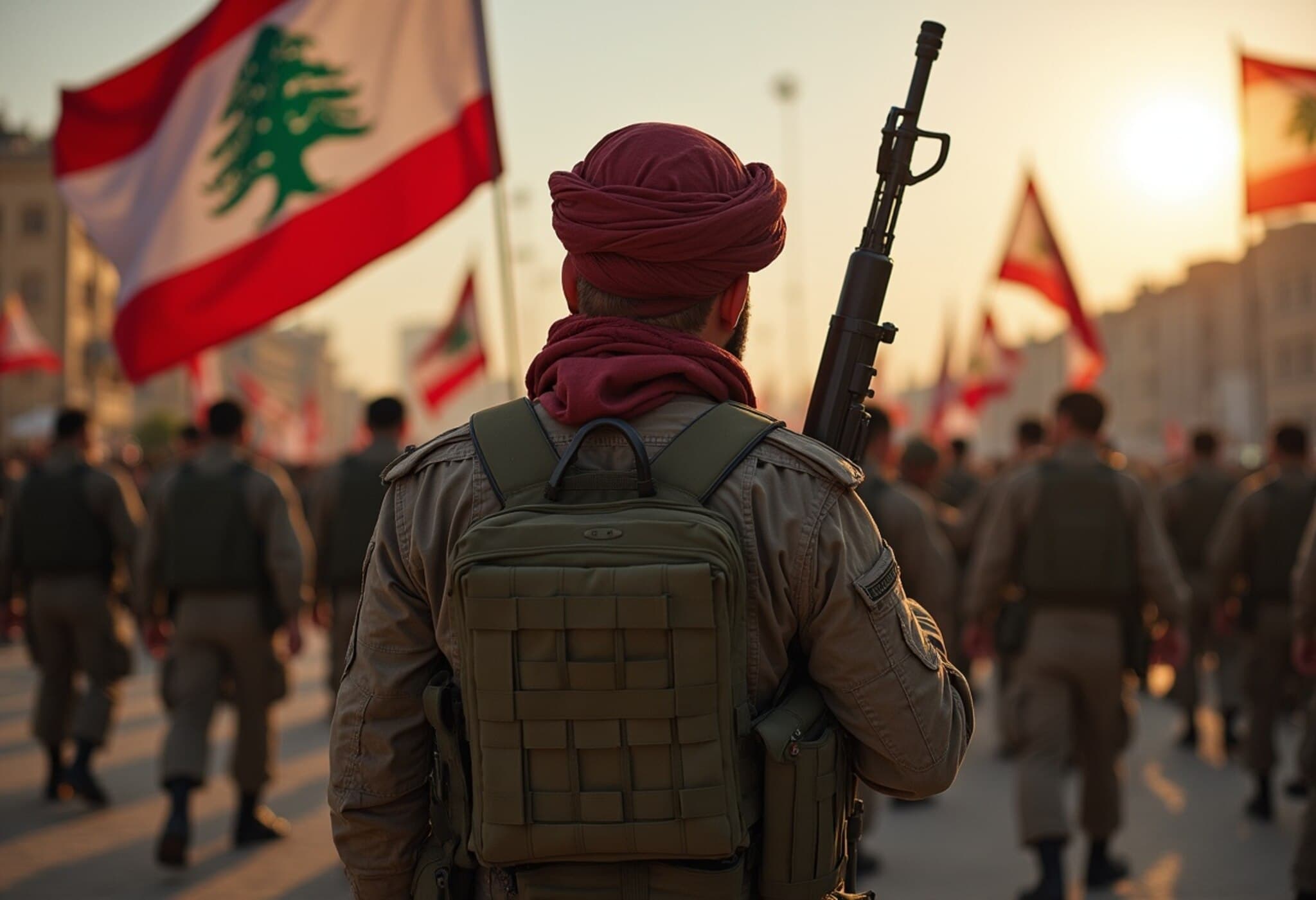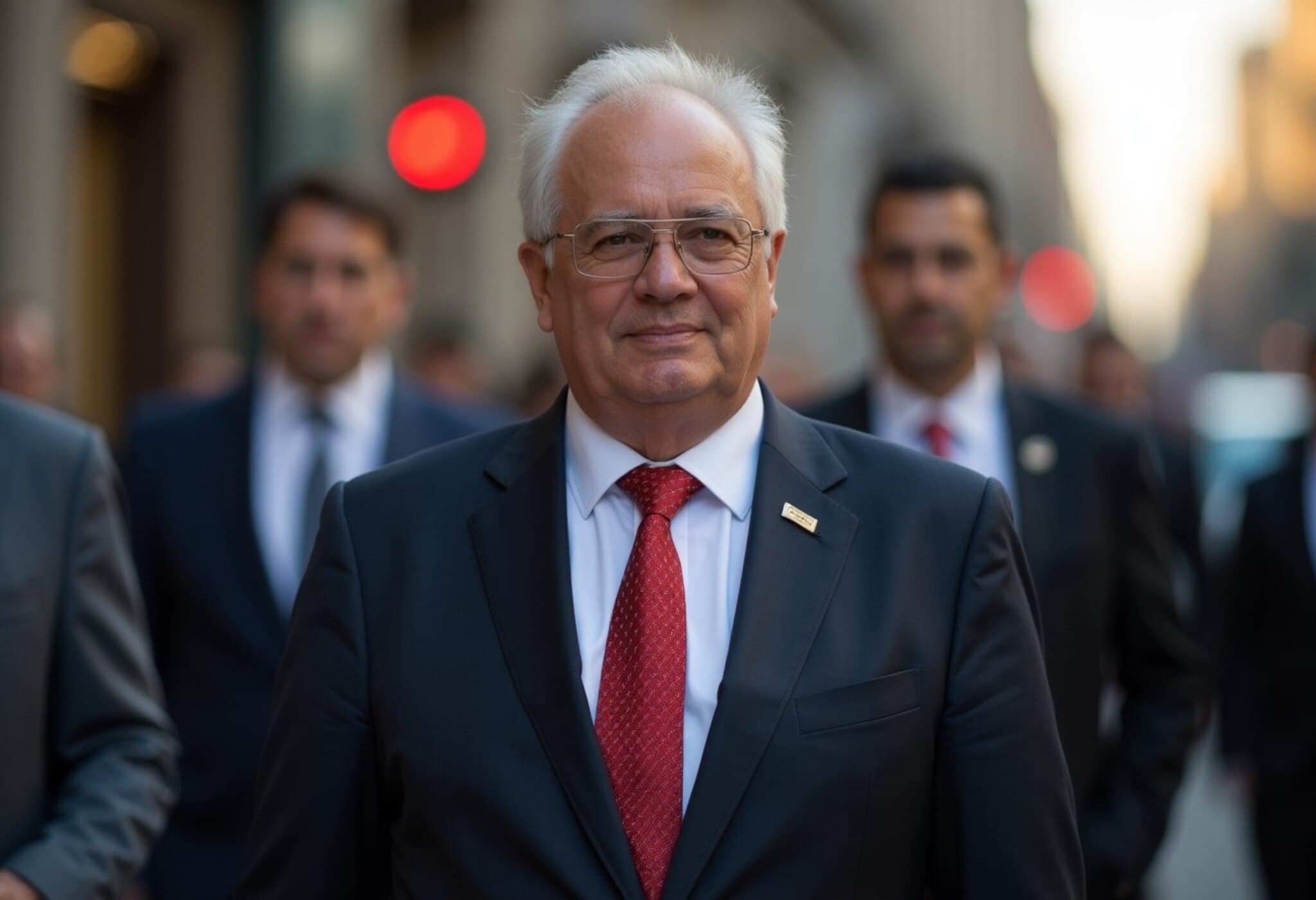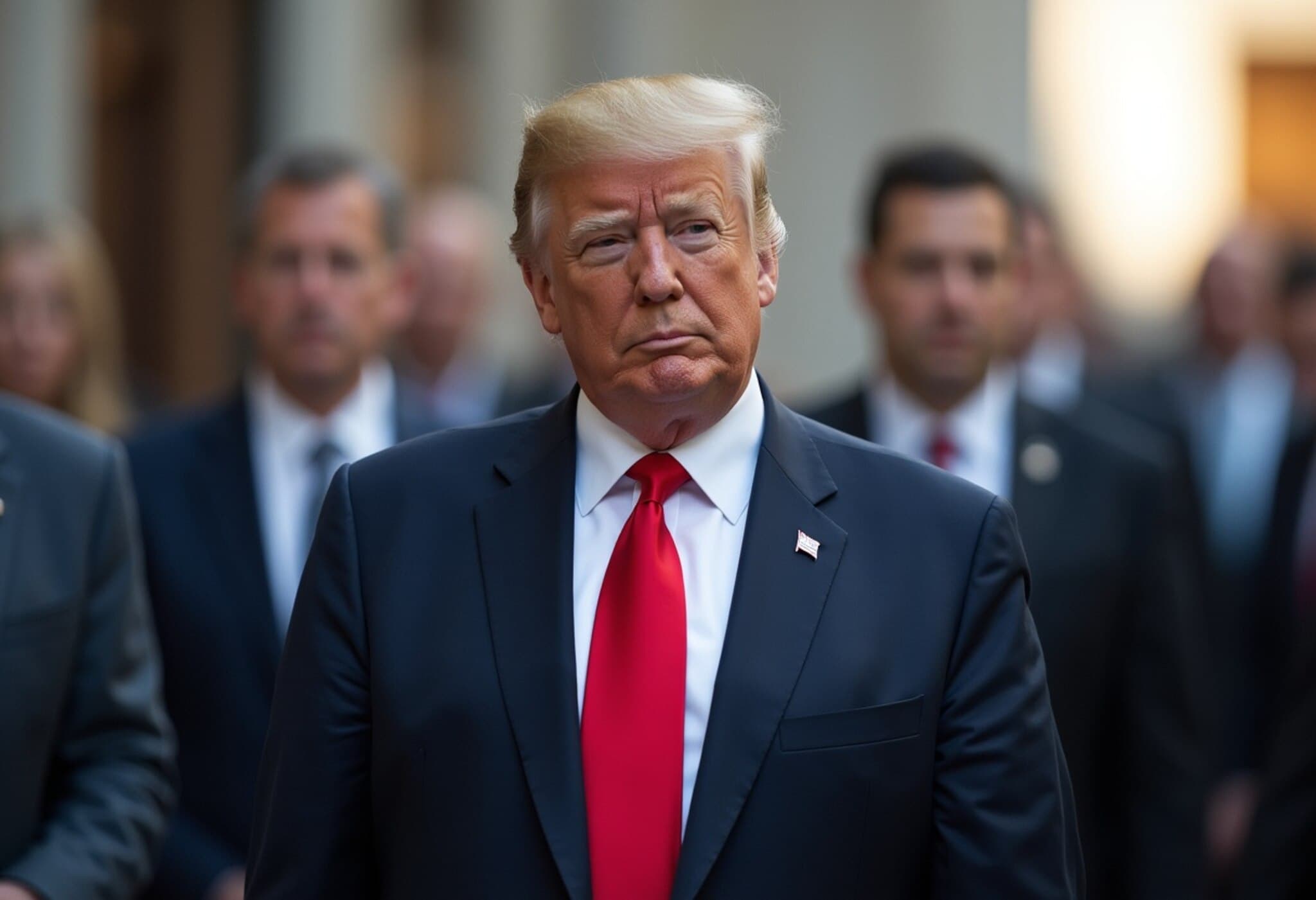Lebanese Militant George Abdallah Returns Home After Four Decades Behind Bars
In a significant development that has stirred both emotion and controversy, Georges Ibrahim Abdallah, a Lebanese pro-Palestinian militant, arrived in Beirut on July 25, 2025, following his release after more than 40 years of incarceration in France.
A Long Detention Marked by Political and Legal Battles
Abdallah, now 74, had been serving a life sentence in France since 1987, convicted for his alleged involvement in the 1982 assassinations of two diplomats in Paris: US Army Lt. Col. Charles Ray—then assistant military attaché—and Israeli diplomat Yacov Barsimantov. His arrest came in 1984, and since then, Abdallah has become one of the world’s longest-held political prisoners.
While eligible for parole starting in 1999, Abdallah faced repeated denials of release, largely stemming from intense diplomatic pressure and concerns over his militant activities. However, last week, a turning point was reached when the Paris Court of Appeal authorized his release conditional upon his immediate departure from France and a prohibition against returning.
The Wider Context: Politics, Justice, and Regional Implications
Abdallah's case is emblematic of the complex intersections between international diplomacy, counterterrorism policies, and the Palestinian struggle. Supporters regard him as a symbol of resistance against Israeli occupation and Western influence, while critics emphasize the unresolved questions surrounding violence and justice for victims’ families.
His release has rekindled debates around political prisoners, negotiating justice across borders, and the limits of national legal systems in conflict zones. In Lebanon, Abdallah’s return was met with fervent support, evidenced by demonstrations outside Beirut’s Rafic Hariri International Airport, reflecting his ongoing influence within certain Lebanese and pro-Palestinian circles.
Expert Insights: A Precarious Balance of Law and Politics
As an analyst in international law notes, “Abdallah's prolonged detention exemplifies the tension between upholding rule of law and navigating geopolitical pressures. This case also raises critical questions about parole standards for politically charged convictions and the role of diplomacy in judicial decisions.”
Furthermore, from an American policy standpoint, the case illustrates challenges in protecting diplomatic personnel overseas and the enduring impact of Cold War-era conflicts on contemporary justice.
What’s Next? Implications for Lebanon and Beyond
- Abdallah’s reintegration into Lebanon may influence regional political dynamics, given his symbolic status.
- His case may prompt renewed discussion on human rights and treatment of political detainees in France and European legal systems.
- Victims’ families and diplomatic communities face renewed calls for closure and justice.
- Globally, the release calls attention to how decades-old conflicts continue to have legal and political reverberations today.
In Summary
Georges Abdallah’s release after over four decades behind bars is not merely the end of a long legal saga but a mirror reflecting the persistent complexities of Middle Eastern politics, international law, and unresolved historical grievances. His journey home to Lebanon closes one chapter while opening dialogue on justice, memory, and reconciliation in a turbulent region.

